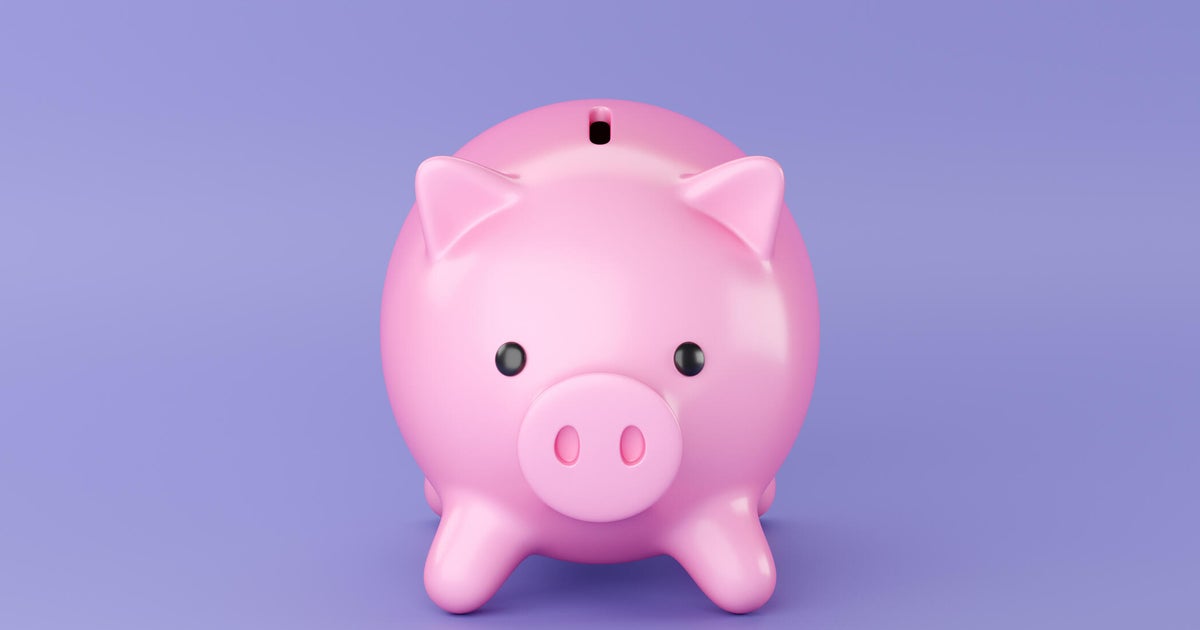Is it risky to open a CD with an online bank? What experts say
In today's elevated interest rate environment, certificates of deposit (CDs) can be a smart and safe way to earn interest on your savings right now. But CD rates have also dropped somewhat in recent months, so it's more important now than ever to shop around between financial institutions. And, online banks, in particular, are worth a look, as they generally offer higher CD rates than more traditional financial institutions.
"There are a lot of costs associated with running a brick-and-mortar bank branch — rent, staffing, insurance, utilities," says Shana Hennigan, chief business officer at savings account marketplace Raisin.com. "Online banks are able to operate with limited overhead costs and can often pass these savings along to customers. These better rates can entice savers to try an online bank that may have less name recognition than the big bank down the street."
But are online banks a safe place to store your money? And are there risks that come along with those higher interest rates?
Compare today's best CD account options online now.
Is it risky to open a CD with an online bank? What experts say
Here's what experts have to say about opening a CD with an online bank.
Check for insurance
One of the biggest risks of using an online bank would be choosing one that lacks the insurance that traditional banks and credit unions come with, which is offered by the Federal Deposit Insurance Corporation (FDIC) and the National Credit Union Association (NCUA). This insurance guarantees to repay you your money — up to $250,000 per depositor — if the bank fails.
"Consumers should confirm the company is federally insured or backed by an institution that's insured, and they also need to understand the coverage limits," says A'jha Tucker, product manager of consumer deposits at Georgia's Own Credit Union. "Risks such as external market fluctuations and regulatory non-compliance can pose significant issues that may cause an institution to collapse."
In short: If you don't have your money at an institution with the proper insurance and that bank goes under, then your money is lost forever.
Find out more about the best CD rates you could earn today.
Be aware of the digital risk
Another risk to consider is the digital risk — or, more specifically, the risks of hacking and cyber attacks on a fully digital institution.
"There are always risks with online financial transactions, whether you are shopping for clothes or opening a bank account," says Mary Grace Roske, vice president of communications for CDValet.com and Seattle Bank.
To mitigate this risk, Tucker says to focus on banks with a strong reputation and good security protocols.
"Cybersecurity is important for a [financial technology company], as operations heavily rely on a multitude of linked digital platforms," Tucker says. "More system networking creates more opportunity for cyber assaults to be exploited."
Experts also say that regular account monitoring, using strong passwords and two-factor authentication, and ensuring your browsers and firewalls are secure can help, too.
"Regardless of the type of bank you work with, due diligence is always essential," Roske says.
Expect differences in customer service
Last but not least, you also risk less comprehensive customer service when you opt for an online-only operation. With a brick-and-mortar location, you can usually schedule an in-person appointment to get personalized help and guidance. Online banks limit you to phone help or, in some cases, just chat or email.
"Individual banks will have different customer support options," Hennigan says. "You should be sure that the bank you are considering has the type of support you feel most comfortable with. Some people prefer to speak to a human being on the phone, while others may prefer a live text chat or an in-person conversation."
The bottom line
Both traditional and online financial institutions can be good options for opening a CD account. If you're not sure which institution is best for storing your money, though, it may help to shop around and compare a few different options. You can also speak to a local financial planner. They can make CD recommendations based on your personal circumstances.






